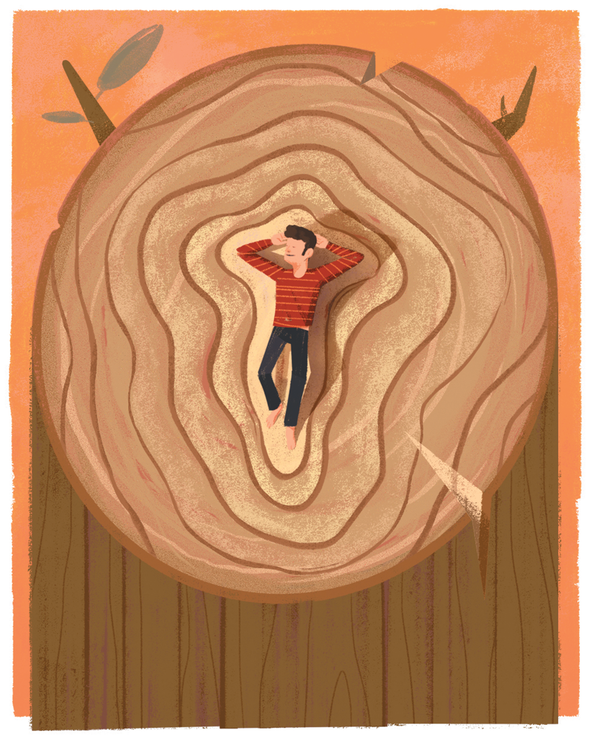Alarming news, arriving almost daily, about rising temperatures, melting glaciers, species diebacks, radioactive waste, oceans contaminated with plastic, and other calamities has seared in our minds the staggering impact that humanity now has on our planet. The late atmospheric scientist Paul Crutzen encapsulated these concerns into a single word, the “Anthropocene,” which he proposed in 2000 as the geologic name of an era dominated by the human race. Geologists cannot agree on when the Anthropocene began, and stratigraphers are still debating whether it is in fact a geologic era at all. Even so, the term has riveted public attention and sparked impassioned arguments about the relationship between humans and the natural world.
Several scholars in the humanities criticize the name itself, however, arguing that it perpetuates long-standing misconceptions about this relationship. Replacing “Anthropocene” with a name that focuses instead on its underlying causes might be more conducive to helping us tackle them.
One problem with the term is hubris: naming a geologic era after ourselves suggests a certain awe at our own magnificence. And sociologist Eileen Crist holds that it was such an anthropocentric worldview that got us into this predicament in the first place. When scientists discuss possible responses to a rapidly warming planet, they almost always accept the dominion of humans over all other species, Crist and others charge, imagining that the enlightened among us can sagaciously steer planet Earth onto a sustainable pathway without major disruptions to our modern ways of life.
A second indictment is that “Anthropocene” implicitly blames the entire human race for a crisis caused by a relative few. Surely the “Man of the Hole,” the last survivor of an uncontacted hunter-gatherer tribe in the Brazilian Amazon, bears less responsibility for our present predicament than, say, former Secretary of State Rex Tillerson, who was CEO of ExxonMobil. The tribe's carbon emissions are essentially zero, whereas ExxonMobil is the fourth-largest emitter worldwide among fossil-fuel companies, according to Carbon Majors data through 2018.
Yet another critique is that the “Anthropocene discourse” tends to hold not only all humans but human nature responsible for this predicament. That makes little sense to anthropologists, who point out that people have repeatedly figured out how to live within their ecological means and even thrive. Social scientists and others contend, however, that the environmental issues we face derive not from human nature but from culture: specifically, a socioeconomic configuration that arose in Europe in the second half of the past millennium. Giving the period a name that focuses on its actual historical and cultural roots, they say, would help us understand what happened, remind us that it is a choice—not an inevitability—and perhaps offer a way forward that does not require sacrificing the glorious wealth of life that surrounds us.
To this end, thinkers have suggested an astonishing variety of alternative names. The most widely accepted is “Capitalocene,” first proposed by human geographer Andreas Malm, who locates the origins of the “era of capital” in the use of coal to fuel factories in 19th-century England. In contrast, geographer and historian Jason W. Moore contends that the Capitalocene arose in 15th-century Europe with an economic system predicated on perpetual territorial expansion. Expanding to the New World and moving on to colonies and dominions in Asia, Africa and Australia, capitalism established global systems of manufacturing and trade that consumed nature at unprecedented rates and is only now bumping up against planetary boundaries. Philosopher Donna Haraway has proposed another name that looks to the future: “Chthulucene” (from the Greek chthonos, meaning “of the earth”), an age in which we humans teach ourselves to live in full and rich harmony with our fellow beings.
These thinkers seek not so much to dethrone the concept of the Anthropocene as to—perhaps by taking a page from the idea of the Chthulucene—enrich the ongoing discussion between scientists and society to support us all in making the difficult choices ahead. We welcome that idea. Working collaboratively, the natural sciences and the humanities can help us break through thought barriers and generate fresh ideas. To quote Albert Einstein: “We cannot solve our problems with the same thinking we used when we created them.”

